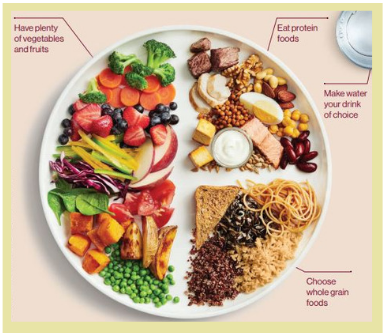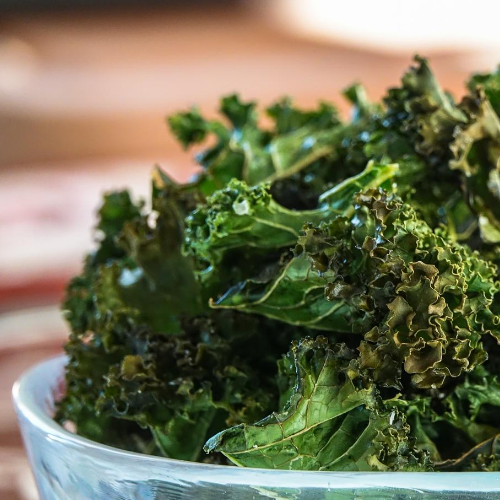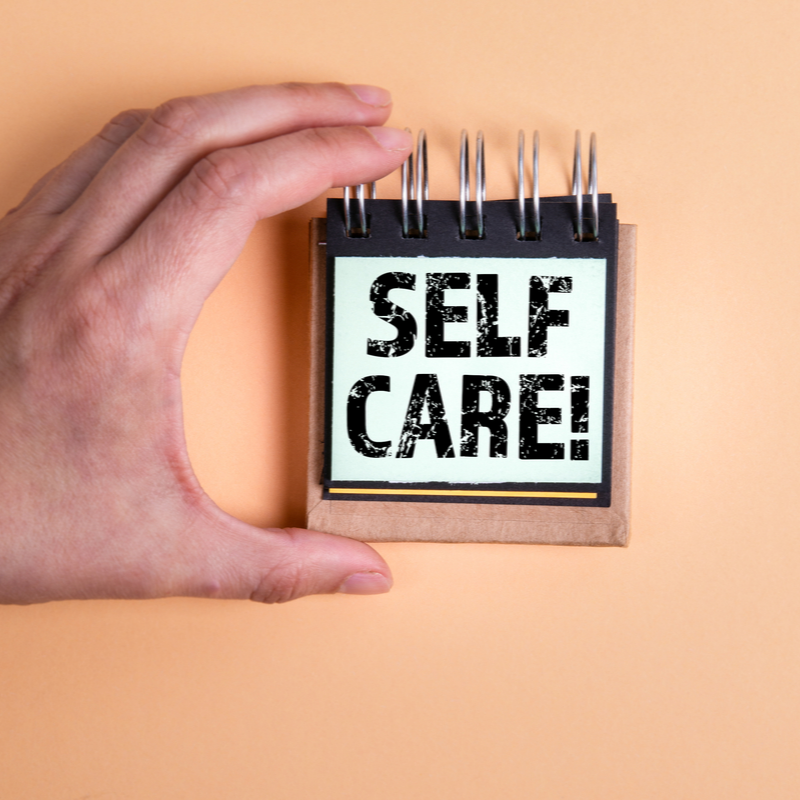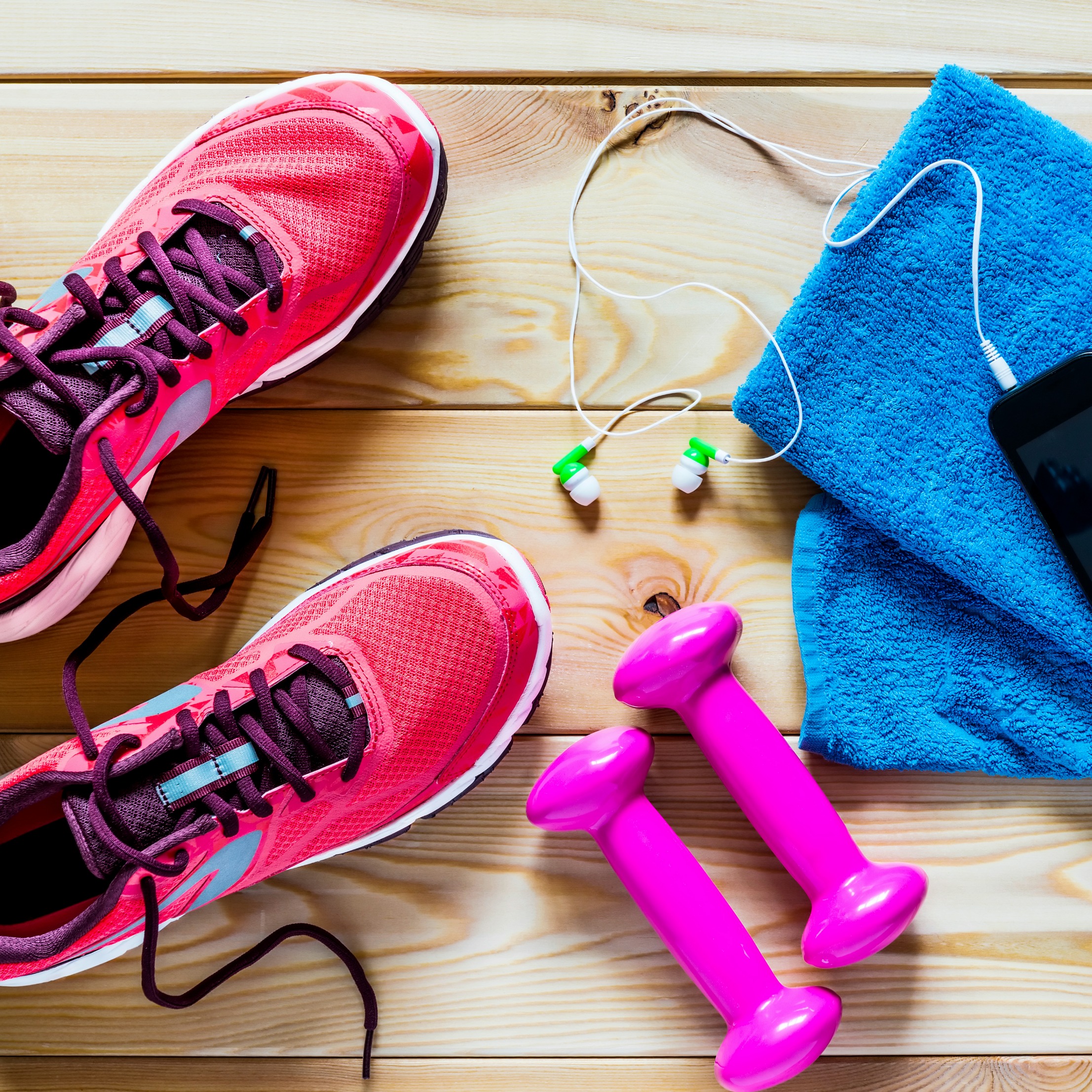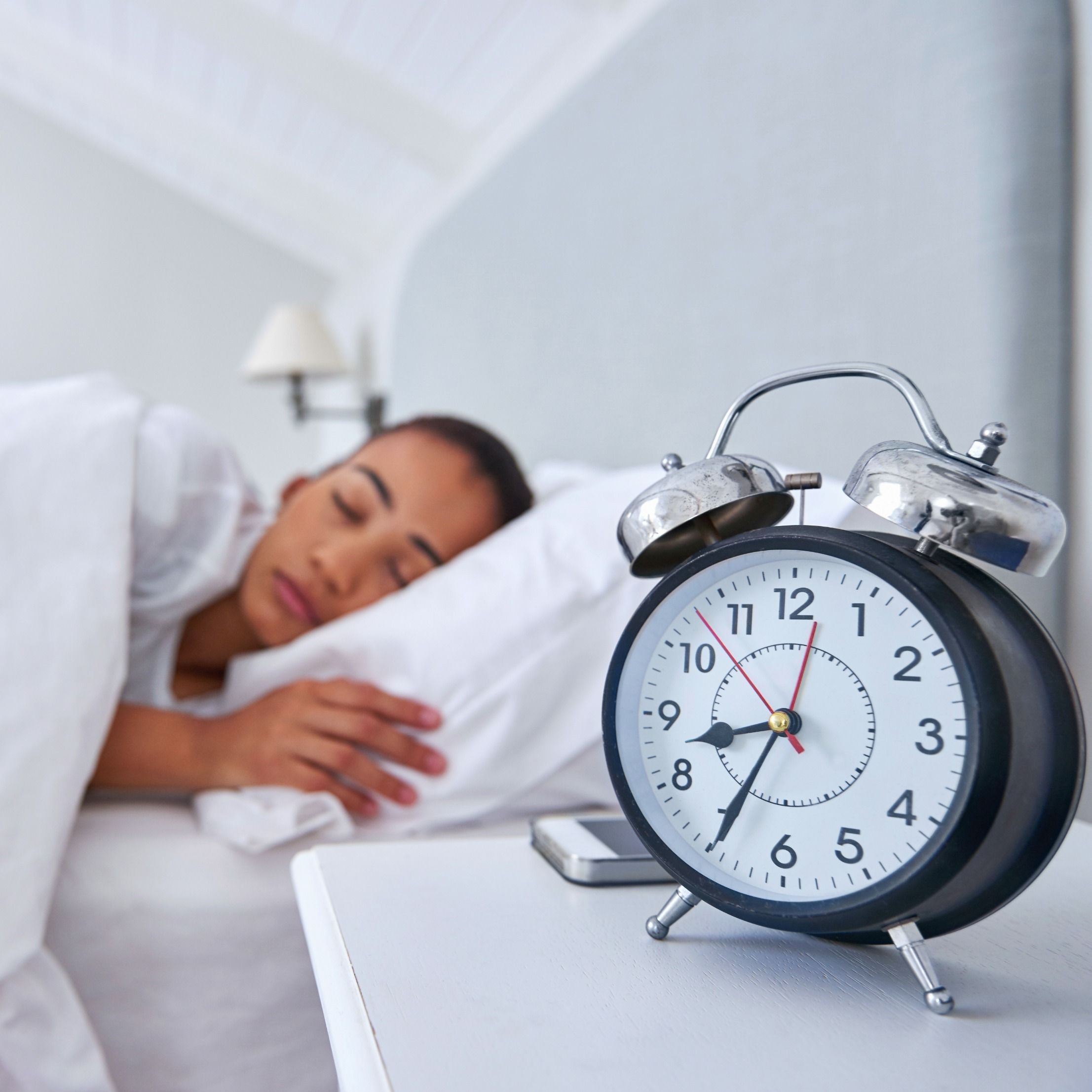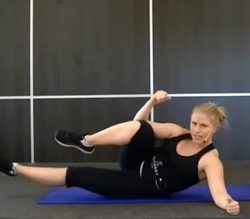
Taking a nap has brain boosting benefits such as improved memory, increased energy, and improved performance. But napping may be as much of an art as it is a science. Start planning your perfect nap with these tips.

Feeling sleepy? Try adding a nap to your daily routine.
10 - 20 minutes
- This powernap is ideal for a quick boost of alertness and energy.
- This length usually limits you to the lighter stages of sleep, making it easier to get back to work in a pinch.
- Try to avoid lengthening the powernap to 30 minutes as sleeping this long may cause grogginess upon waking.
- This nap is best performed in a slightly upright position to avoid falling into a deeper sleep.
- If you find yourself dreaming during a powernap it probably means you are sleep deprived.
60 minutes
- This nap is best for improvement of cognitive memory processing such as remembering facts, faces, or names.
- The downside is that it includes slow-wave sleep (the deepest kind) which may result in some grogginess after waking.
90 minutes
- This nap will likely involve a full cycle of sleep, which aids creativity and emotional and procedural memory (ex: riding a bike).
- Waking up after REM (Rapid Eye Movement) sleep usually means a minimal amount of sleep inertia (grogginess).
Note: Napping should be avoided by people with insomnia or sleep apnea. It is best performed 7-10 hours after waking and at least 6 hours before bedtime.




































